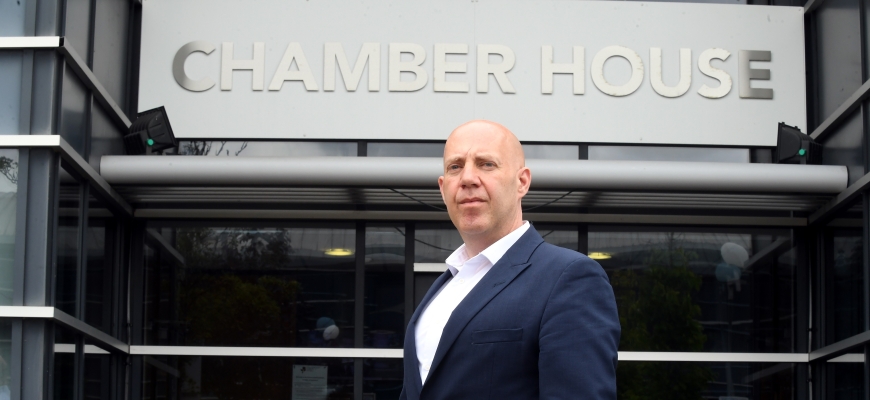
Tackling unemployment is key to unlocking a prosperous future for businesses across Coventry and Warwickshire, according to one of the region’s business leaders.
Latest unemployment figures from the Office for National Statistics (ONS) have revealed that the UK rate of unemployment sat at 3.7 per cent in the three months to December – unchanged from the three months to November.
The unemployment rate for the West Midlands is still above the national average at 4.4 per cent, although it saw a slight drop of 0.4 per cent in the three months to December compared to July to September.
Corin Crane, Chief Executive of the Coventry and Warwickshire Chamber of Commerce, said: “While it is positive news to see the national rise in unemployment come to a halt, it continues to be above the national average in the West Midlands at a time when many businesses are struggling to fill skilled vacancies.
“This recruitment conundrum is a pattern that can be seen across sectors ranging from hospitality to engineering and manufacturing, which is impacting businesses’ ability to fulfil orders – and even in some cases, threatening the long-term future of some independent companies.
“Rising bills and interest rates has limited the ability for companies to raise wages to attract talent from a limited pool, and so all eyes are on the Government to help remove the multi-faceted barriers that are preventing so many people from getting back into work.
“This ranges from addressing the impracticalities of families returning to work due to childcare costs, through to ensuring industry and education providers are working closely together so that students are learning the modern-day skills that are required by employers.”
Reacting to the latest ONS Labour Market figures, Jane Gratton, Head of People Policy at the BCC, added: “Businesses are crying out for people to fill job vacancies at all skill levels, and this must be the number one focus for Government if it’s serious about economic growth.
“There are still a huge number of vacancies, currently sitting at 1.134 million, and this is stopping firms in their tracks. It means they are struggling to meet the orders on their books, and it puts any plans for growth far out of reach.
“It is also ramping up pressure on wages, currently at the highest rates seen in the private sector outside of the pandemic. This has been identified by the Bank of England as a factor in its decisions to raise interest rates to tame inflation.
“Government plans to get the UK’s untapped labour force into employment are a step in the right direction, but we need to see more action to address the barriers that are holding people back.
“The Spring Budget represents a golden opportunity for the Chancellor to ease the pressure on family members who have been squeezed out of the labour market by childcare costs.
“Older workers need carefully tailored careers advice, job seeker support and rapid re-training opportunities to help bring their skills and experience back to the workforce.
“Businesses should play their part by adopting flexible working policies, wherever possible, and by supporting staff training needs.
“And crucially, Government should reform the Shortage Occupation List to help firms fill urgent job vacancies from outside the UK when they cannot recruit locally. The List should include jobs at all skills levels where there is clear evidence of a national shortage.”
